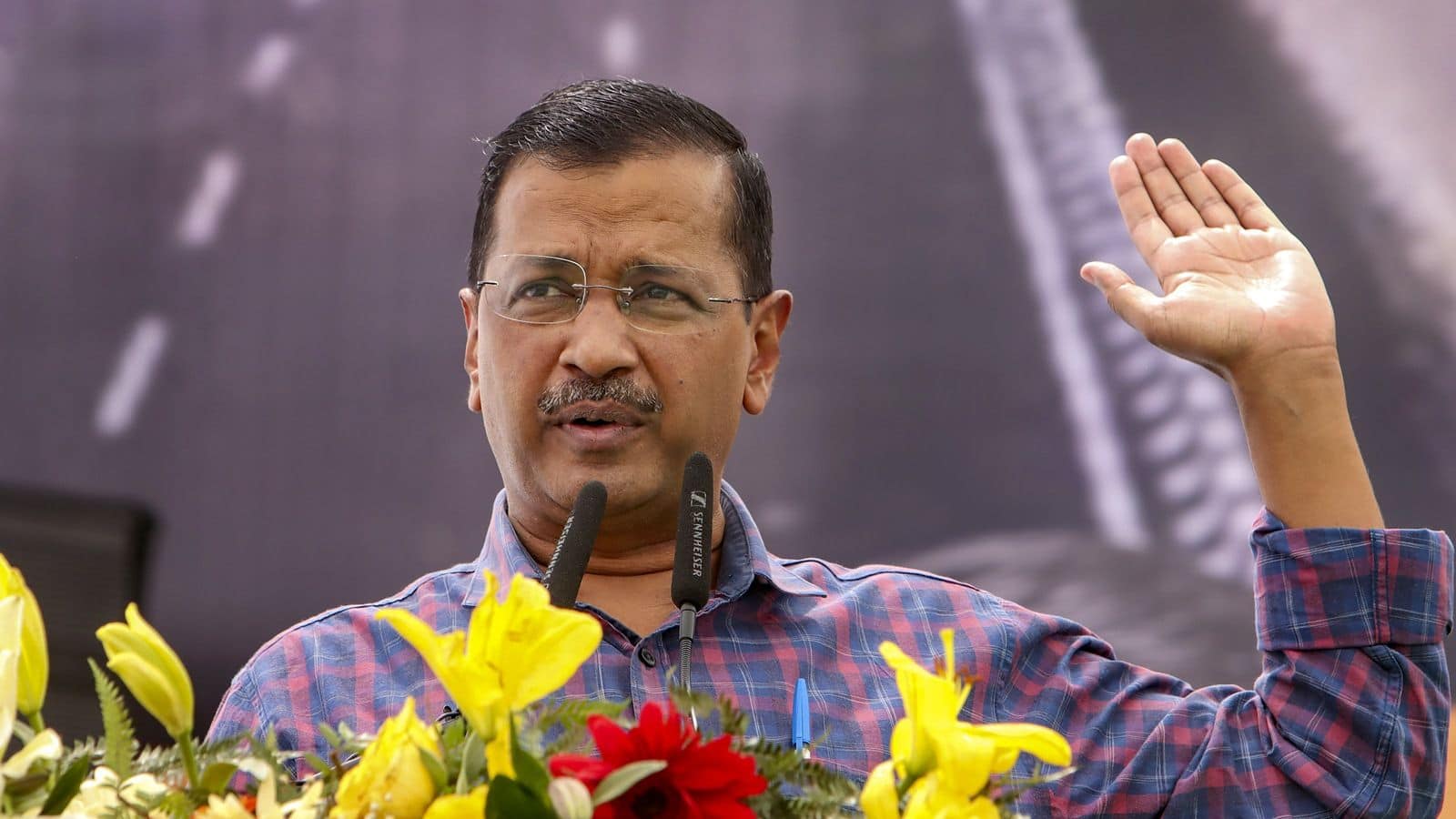
What claims did ED make about Kejriwal in remand note
What's the story
The Enforcement Directorate (ED) has filed multiple charges against Delhi's Chief Minister, Arvind Kejriwal, for alleged irregularities in the now-scrapped Delhi's Excise Policy 2021-22. The ED termed Kejriwal a "kingpin" and "key conspirator" in its remand note, highlighting his role as the head of the Aam Aadmi Party (AAP). The agency also asserted that he used his position as the Delhi CM to facilitate money laundering, which is punishable under the Prevention of Money Laundering Act (PMLA).
Context
Why does this story matter?
On Thursday evening, the ED conducted searches at Kejriwal's residence on Flagstaff Road in Delhi's Civil Lines area, after which he was questioned for over two hours and subsequently arrested. The action, led by an additional director-level officer and involving a 10-member team, marked the 16th arrest in the now-scrapped excise policy case. The move came shortly after the Delhi High Court denied protection from arrest to Kejriwal in the case.
ED's remand note
ED calls for Kejriwal's detention, cites money laundering
In a comprehensive 32-page remand application, the ED claimed that Kejriwal manipulated the excise policy to favor certain individuals and solicit kickbacks from liquor traders, the Hindustan Times reported. The agency further alleged that the AAP profited from money laundering proceeds, which were used for electoral campaigns. As a result, the ED had requested Kejriwal's detention for 10 days, arguing that he was "vicariously liable" for offenses committed by his party.
Allegations
ED asserts AAP benefitted from election campaign kickbacks
Moreover, the ED asserted that AAP received approximately Rs. 100 crore in bribes and that Kejriwal exploited his position to use crime proceeds in AAP's 2022 Goa election campaign. The agency accused him of being "intrinsically involved in the entire conspiracy"—from creating the policy to hatching the kickback scheme with the "South Group." The ED alleged that documents found at Kejriwal's residence suggested that information about two senior ED officials, who are working in supervisory ranks, was being collected.
Kejriwal's defense
Kejriwal's counsels refute allegations, court orders custody
Despite the ED's claims, senior advocates Abhishek Manu Singhvi, Vikram Chaudhary, and Ramesh Gupta—representing Kejriwal—have dismissed any direct evidence against their client. They maintained that an interrogation request based on statements from accused individuals who had become informants to avoid punishment was "unjustifiable." However, the court has ordered Kejriwal to remain in the ED's custody for six days (until March 28).
Legal path
Kejriwal filed plea against ED's summons
To recall, the Delhi High Court had asked for the ED's response to a plea filed by Kejriwal against all the summons by the ED concerning the excise policy case. The plea had sought to declare Section (2) (s) under which the summons were issued as "ultra vires, unconstitutional and arbitrary." Kejriwal had moved the court in the wake of the ninth summons issued by the ED, asking him to appear before it on March 21.